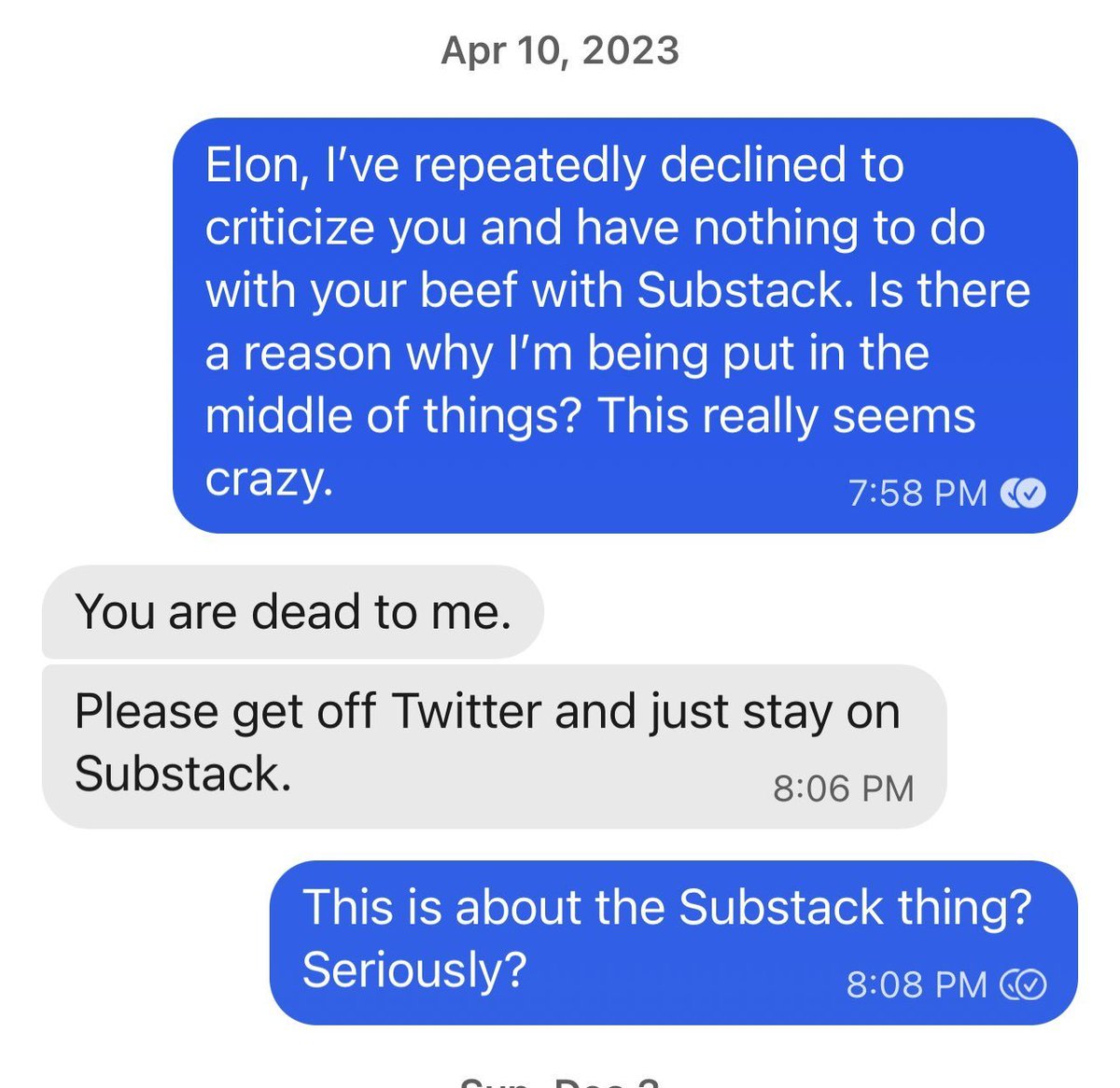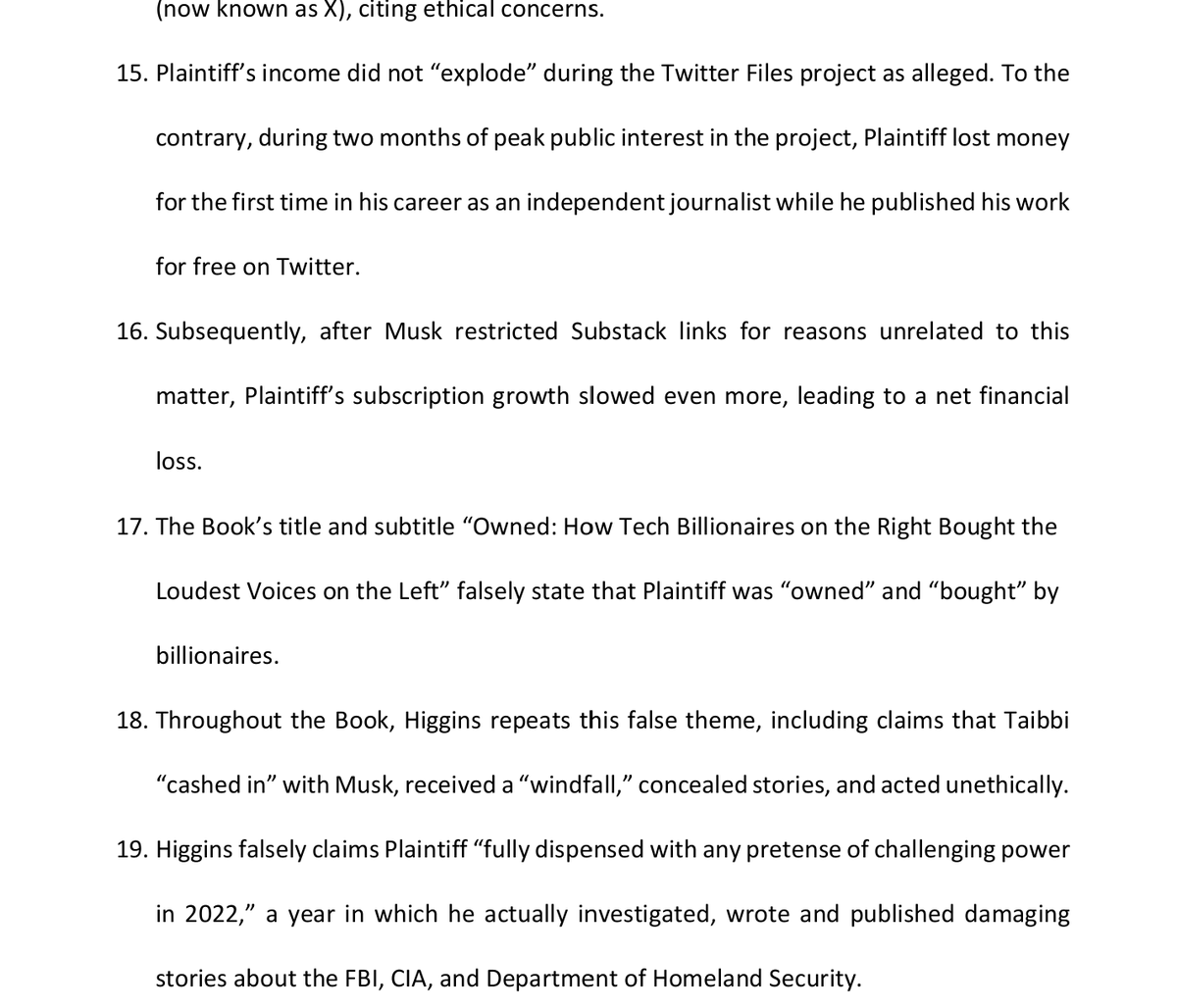Sacha Baron Cohen prevails against former Alabama Supreme Court Justice and Guy Who Got Banned From the Mall for Skeeving on Children Roy Moore.
storage.courtlistener.com/recap/gov.usco…
storage.courtlistener.com/recap/gov.usco…

Moore lost because he signed a contract explicitly waiving his right to sue for the things he was suing for, even though he struck through another provision about waiving his right to sue for intrusion on his privacy, a cause of action he didn't bring. 



Moore argued that he was defrauded because he thought the interview would be friendly.
But he agreed, in writing, that he was not relying on representation that the interview would be friendly.

But he agreed, in writing, that he was not relying on representation that the interview would be friendly.


Kayla Moore, meanwhile, loses under the First Amendment because a reasonable person would not believe Sacha Baron Cohen was actually claming to own a pedophile detector, when a real device would have blown up immediately as soon as Roy Moore entered a room. 

Long story short, you can't sue when you sign a contract not to sue, and you can't sue for defamation when the person "defaming" you is a deliberately ridiculous character on a satirical television series.
Now let's all rewatch this glorious clip:
rollingstone.com/tv/tv-news/wat…
Now let's all rewatch this glorious clip:
rollingstone.com/tv/tv-news/wat…
Also, one final takeaway: this opinion could have easily been extremely cutesy and filled with Borat references. But, thankfully, the judge wrote a sober opinion about the law and the facts and didn't use this as an opportunity to try out his tight five.
• • •
Missing some Tweet in this thread? You can try to
force a refresh









